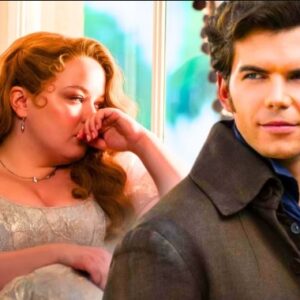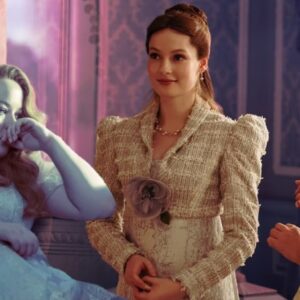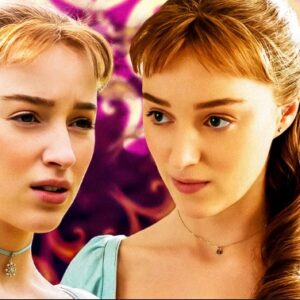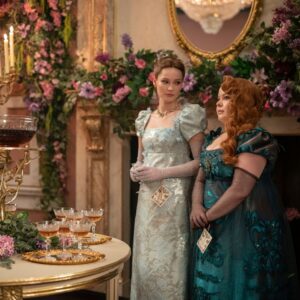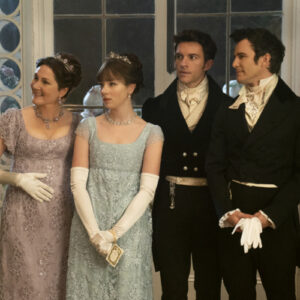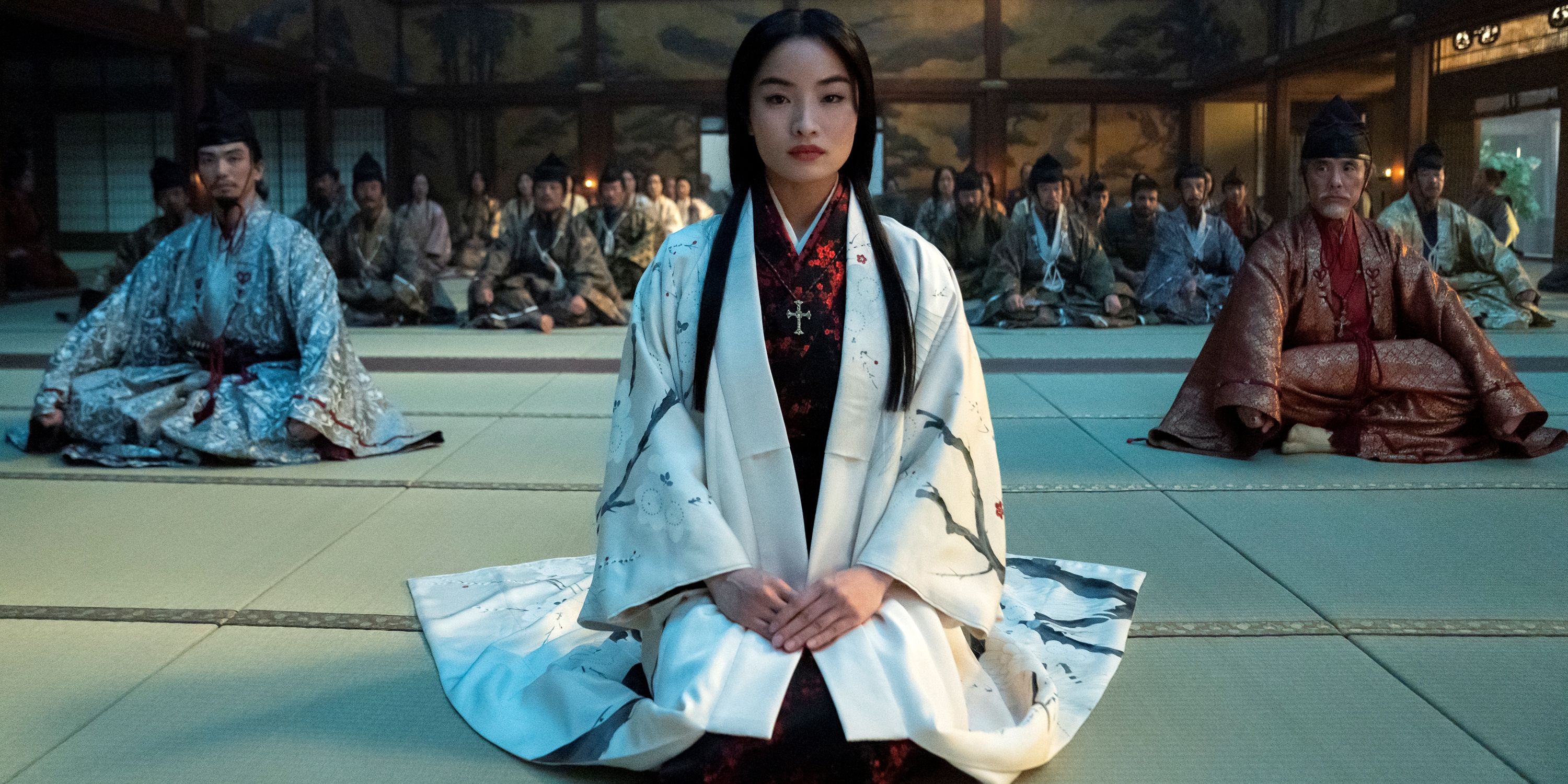
Based on the bestselling novel written by James Clavell, the 10-episode limited FX series Shōgun is an epic tale set in Japan in 1600, as a European ship piloted by John Blackthorne (Cosmo Jarvis) is marooned in a fishing village at a time when Lord Yoshii Toranaga (Hiroyuki Sanada) is fighting his enemies on the high-ranking governing body known as the Council of Regents. Connecting the two men is translator Toda Mariko (Anna Sawai), a devoted Christian who is trying to overcome societal barriers, a disgraced family lineage, and an abusive marriage to find her own purpose.
Pulling off an undertaking like Shōgun involved a huge team on every level to ensure accuracy and authenticity. It’s visually stunning with impeccable attention to detail, elaborate costumes, and a scope that is both sweeping and intimate. During this interview with Collider, co-creators Justin Marks (who is also the showrunner) and Rachel Kondo talked about not realizing what they didn’t know when it came to making the series they wanted to make, the painstaking process of getting the dialogue to a place that was as authentic as possible, using translation as a key component to the story, the riches that came from assembling this cast, their approach for portraying violence, and why they feel like they’ve told the story they set out to tell and don’t have a plan for more episodes.
‘Shōgun’s Co-Creators Wanted Every Little Detail To Be as Authentic as Possible
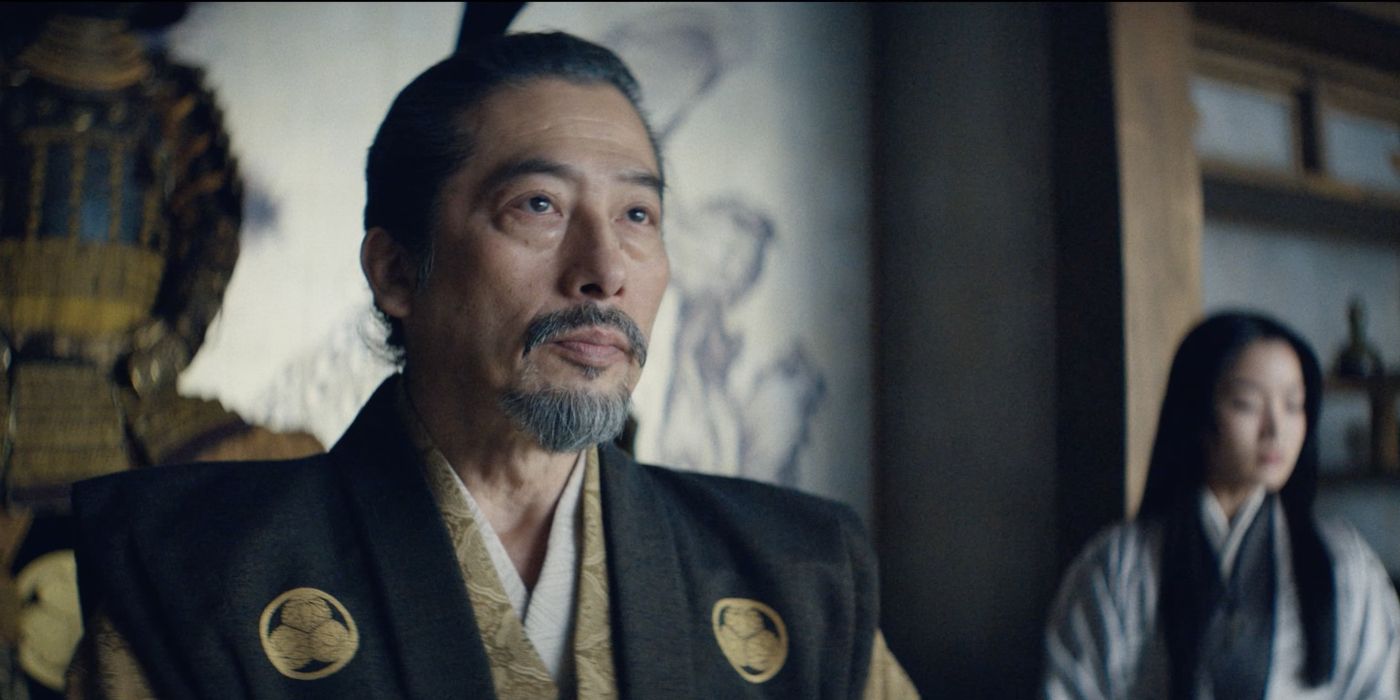
JUSTIN MARKS: In some ways, we couldn’t prepare. We just had to feel our way through it and learn as we went. Honestly, there’s a lot of shared muscle memory between science fiction world-building and the kind of world-building that we had to do on this show. I do think that if you’re doing your job well and it’s the best kind of world-building that gets you invested, it means that you’re not taking anything for granted and you’re assuming that the audience wants to be brought into it in a way that is persuasive and they believe it. All the stuff that we used to do on Counterpart when it came to the doorknobs and making sure the angles were right and the stickers on the wall is exactly what we were doing on Shōgun, just in different ways. The camera notices those landscapes and you want it to feel sustained and believable. So, it was actually a lot of the same thing, weirdly enough. Caillin Puente, a writer/producer on Shōgun, was once my assistant on Counterpart, and she was like, “We’re just doing the same thing again.” Every scroll had to be right, even if the camera was never gonna see it because if it caught a glimpse of it, I just wanted it to feel like that detail is believable and that the actors believe it because they can all read it.
It’s technically all fantasy because even if this is based in what could have been real, it’s still set in 1600, so you have to create the world.
RACHEL KONDO: It’s still fantasy even for the Japanese cast, because this is obviously their culture, but so many degrees removed. The language, the clothing, the movement, and everything is different.
When this came your way, was your immediate response, “No, absolutely not”? How did you convince yourselves to take this one?
KONDO: We had two very different responses.
MARKS: I moved over to FX, and they sent this book over and asked if there was familiarity with Shōgun. It was not a book that I’d read, but generationally, it was a book that we grew up with on our parents’ nightstand. I was very familiar with the silhouette of the Shōgun cover, but it was a silhouette that I was very conflicted about because it usually featured a guy who looks something like me wearing clothes belonging to a culture that wasn’t his. There’s the problematic side of it and the representational side of it that I can’t really speak to. But what I can really speak to is that the cardinal sin that I thought it committed, in that sense, was that I’d seen it before.
It was that stranger in a strange land shape that, because of the outsized impact of Shōgun as a book, and all the movies and TV shows that have essentially ripped it off over the years, whether they be historical or science fiction, that made me feel like it was a story that was no longer new, so what new stories were there to be told? Once we got into the book, we found that actually there was a lot in it that felt very modern and very untapped, that had not been explored by a previous adaptation. It had a lot of interesting things to say about intersectionality and how we encounter ourselves and other cultures. It was more interesting for me, but obviously, it was a different experience for Rachel.
KONDO: Justin came at it so humbly. He came at it with humility in his heart. I, on the other hand, came at it with lots of hubris, where I thought, “This is my perfect opportunity to discuss what I know so well. I’m so familiar with my culture, my people, my background, my heritage.” But what we really found out very quickly, discussing the separate degrees of separation, is that I’m a Japanese American born in Hawaii, which is vastly different from being a Japanese national. You would think it’s pretty obvious, but you come at it pretty naïvely. And thank God, in some ways, because if we knew the size and the scale and the depths we’d have to plumb, there’s no way anybody could go at it with confidence.
What was the moment you realized it was so much bigger than you had realized?
KONDO: I have my answer to that, and I’m curious about [Justin’s].
MARKS: And I’m now curious about [Rachel’s]. [She] never told me [her] moment.
KONDO: I’m from the fiction writing world, so I was new to the writers’ room and collaboration. Once the room had finished writing the scripts, I felt pretty good. I was like, “We did a great job. Damn, this is some good writing.” And then, we had a moment when Justin brought in our consulting producer, Mako Kamitsuna, who we hired to go through the scripts and give us a cultural pass and talk to us about each scene. And she very politely said, “We can’t even talk about a lot of this because Japanese people wouldn’t even think this way or have these thoughts to begin with.” That was very much that moment when I thought, “But we did the work. I thought we asked the questions. I thought we did it.” And no, we had to actually break it all down again and start over.
MARKS: Thank God for the pandemic, in that sense, because it gave us a year and a half to do this. We were shut down because of COVID and waiting for a start date, so we could just start over, in some sense, and find it. That was my moment, too.
MARKS: Yeah. It was also an interesting moment to re-evaluate how we go about all these kinds of stories, when we do it working from a place of research or dealing with cultures that are not our own. What we were doing in that moment, and I would see it in the process, again and again and again, was that department heads and anyone who would come into the show, was coming in with, “I know how to do what I do. I’m a professional. I can do my job. I’m going to do this.” We’ll consult with them and look for approval from these people we’re working with, which is not the same as looking for inspiration and listening and being part of something that is bigger than ourselves. We wanted to give it to Mako and have her say, “Guys, great job. How did you speak to my culture that I’ve lived in my entire life, just from a book written by James Clavell. You guys did it.” And in truth, we didn’t get that.
The process of listening, not to what we got wrong, but just talking about it from the ground up, yielded something that was completely beyond our expectations. And that would happen, again and again, as we went through this production process. We wrote this in English, it was translated to Japanese, and polished by a Japanese playwright who specialized in period language. And then, one of our producers, Eriko Miyagawa, and our producer/star Hiroyuki Sanada, would go through that dialogue and say, “No, this is better. This is more appropriate. This is a cleaner way of saying that.” And we would have to take their word for it. Sometimes the lines would come back different from what we had written and actually better.
KONDO: They would go through it with the filter of our actors. They would perform it, and Eriko and one of our Japanese editors helped us re-translate what was spoken back into English, so that we could try to bring the actual experience of receiving this performance and what was being said closer together. It wasn’t our words and their performance. It was almost one and the same.
The way the translation is handled through the season is such an interesting layered experience.
MARKS: Yeah, that was one of the most important things for us, and we made certain choices sometimes. There’s one key scene where we diffuse the element of translation, so that Toranaga and Blackthorne are connecting on some spiritual level. And then, the scenes with Mariko translating, because she has this alternate agenda, there is a real sense of watching her struggle to rearticulate an idea in a way that protects her faith. We said, “Look, we can either ignore this device, or we can dramatize it and turn it into a real triangle.” There were so many choices the editors had, as far as how to express them and what moments to key in on.
Having New and Familiar Faces in the ‘Shōgun’ Cast Added a Rich Energy to the Series
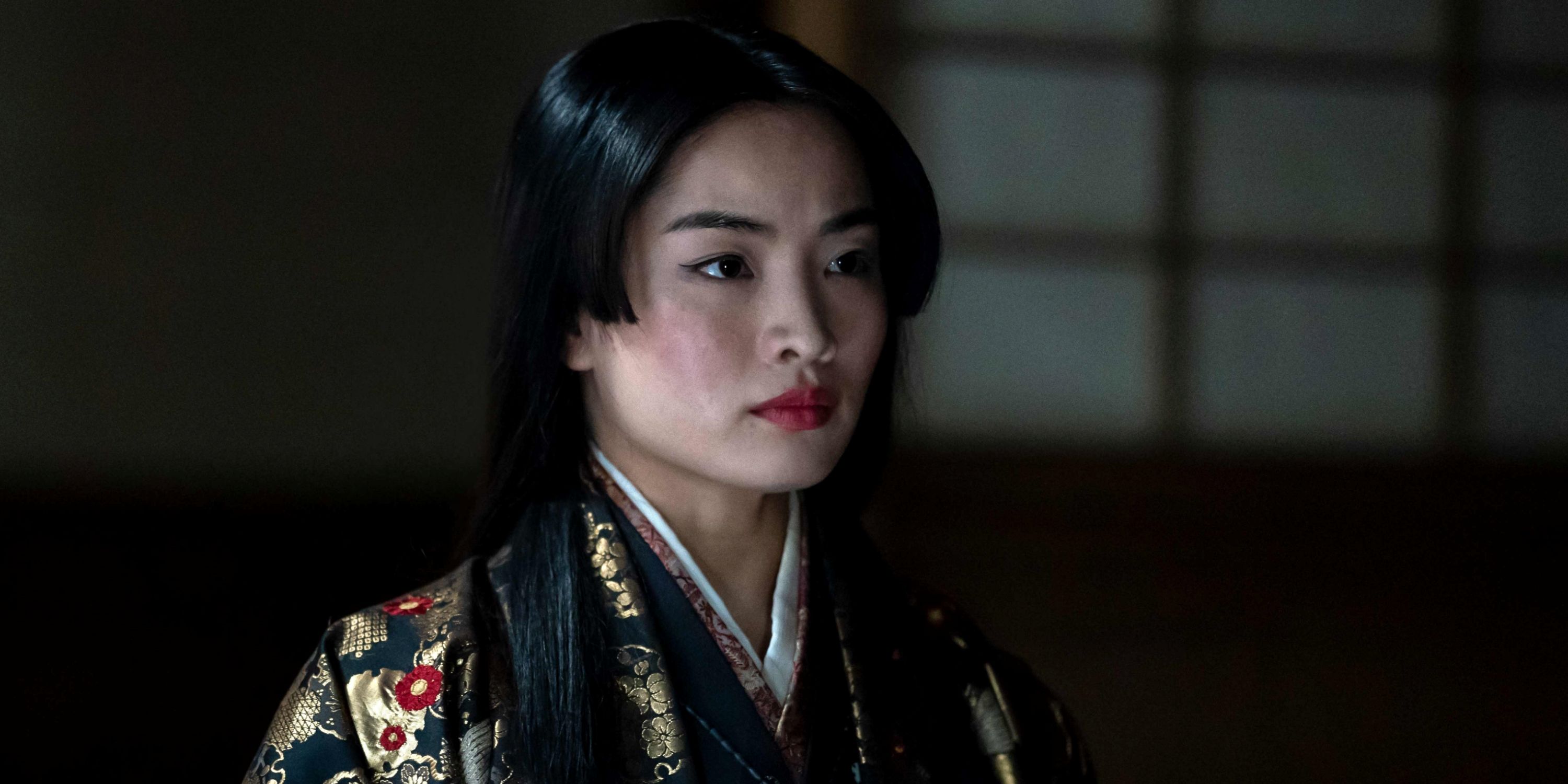
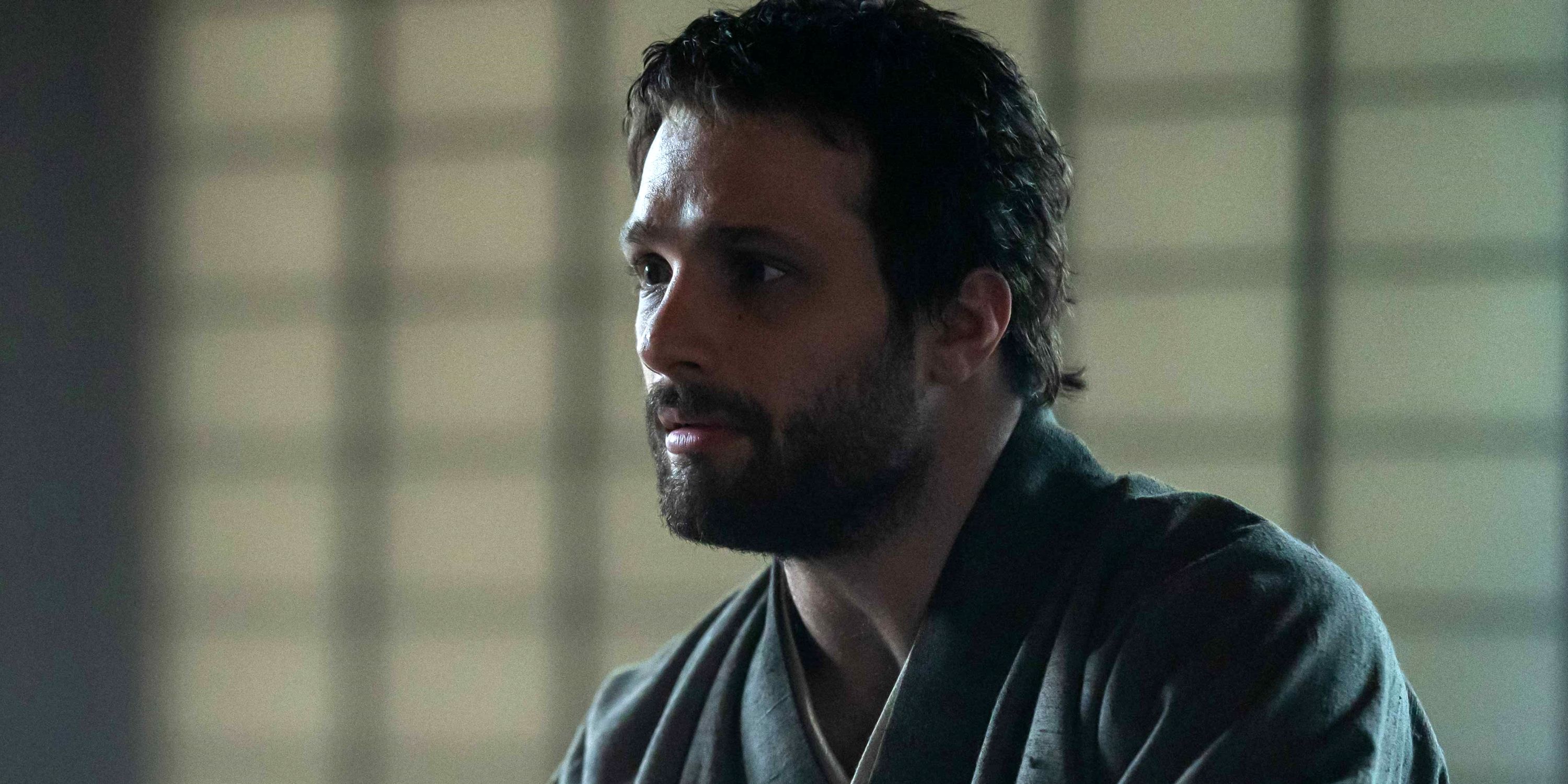
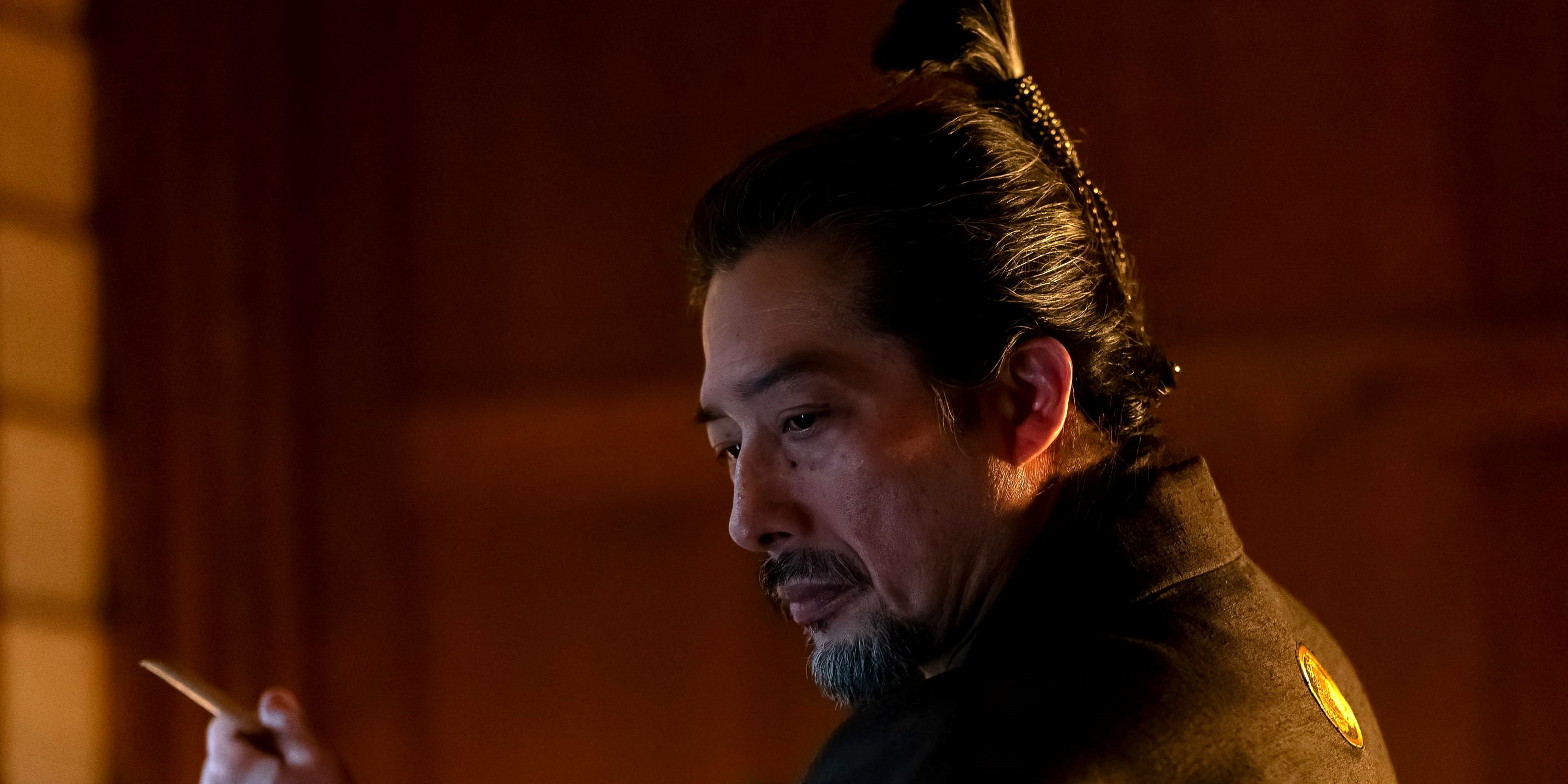
What was it like to put this cast together who all have to do so many different things?
MARKS: Casting the show was honestly one of the greatest pleasures in my career. Because FX had given us the latitude to do this show in Japanese, it meant that we could go to a different well than a lot of Hollywood productions have gone to. You’re usually getting the best actors who can also speak English because we have to do this in English and that’s how we’re going to do it. In our case, we could just get the best actors, period, who could speak Japanese. We went to Tokyo with Kei Kawamura, who was casting out of Japan for us, and I was getting to see faces I’d never seen before. Some of the actors were so young they had never left their country. Yuki Kora, who plays Nagakado, had to get a passport to come over. You just get a whole different kind of energy to the show. It just felt like there were so many riches of choices that we had for every part that we could do no wrong with it.
KONDO: But we could do wrong by it, which was the fear. That’s why we always had to look to the advisers they invited from Japan.
MARKS: There were cases of actors or styles where for certain roles, like the regents, you might really like a person for a part, and then I’d send it to Hiro for an opinion from a Japanese perspective and he’d say, “What he’s putting on is from a different era than what we actually want and what it would be. The Japanese wouldn’t see the performance that way.” To our eye, we didn’t have that lens to look at it, so it was important to hear that and to gain that extra level of verisimilitude, to get closer to what the Japanese expectation of that part might be. We have so many other invented roles in our head that we would have cast people in because there were just too many good actors.
KONDO: I feel like it’s important to say that trying to get it as right as we could get it for Japanese audiences, that wasn’t only just because that’s what we should be doing, in this day and age. It was because it just made it better. It made it a better story, it made it a better production, and it was more interesting for us, as people have been working on this for years.
MARKS: Hiro and Eriko had strongly suggested that we bring in, among the many people we brought from Japan to consult or produce or do various things in various departments, a kosode kimono expert who could tie the obis in the right way. As always happens when you ask for something, the various studio voices will come back and say, “Wait a second, what are we doing now? We’re flying in someone to tie an obi? What’s that? A belt? We’re tying belts? You can’t find a YouTube video?” It was a very fair question because it was a very expensive production and, at some point, you have to draw a line. And so, we said, “Look, it makes sense what they’re saying. I don’t think we should fly someone in. Maybe we should just save the money here. There are YouTube videos for doing this, and we have very good wardrobe experts who can learn this and do this. This is what they do for a living.”
Three days into production, we had the obi tiers on the plane coming to British Columbia because we couldn’t get the background [performers] out in time, so they came out and taught our Canadian crew how to do it a lot faster. All those generations of inherited knowledge is what you’re denying yourself by denying representation. It was not just because we want to do right by a culture. Very often, it’s actually cheaper and better on screen to do right by it. And so, we had to learn these things as we went. It was a journey of being beaten down by reality, time and time again, until we finally surrendered, which is a very Blackthorne journey.
KONDO: Shocking feels okay because that’s what violence should be.
MARKS: With Counterpart, we had a very similar approach, which was the idea that I don’t think we should ever look forward to seeing violence. I hate violence, and I hate the culture that we exist in where we celebrate it. As an audience, we should always dread what’s coming, when it comes to violence, and if it happens, sometimes it comes out of nowhere. That’s how it should feel, and it should be experienced on a level that is as subjective as possible. If we are, then it means that you’re right in the middle of it. And if you’re in the middle of it, you usually don’t want to be there when violence is happening. It’s going to come out of nowhere and it’s going to hit you right in your gut.
KONDO: It will hit you in the heart, and it will take an arm.
MARKS: Unsafe is how we really wanted it to feel, in that sense. I’m glad it delivered on that.
‘Shōgun’s Co-Creators Feel They Completed the Story They Wanted to Tell
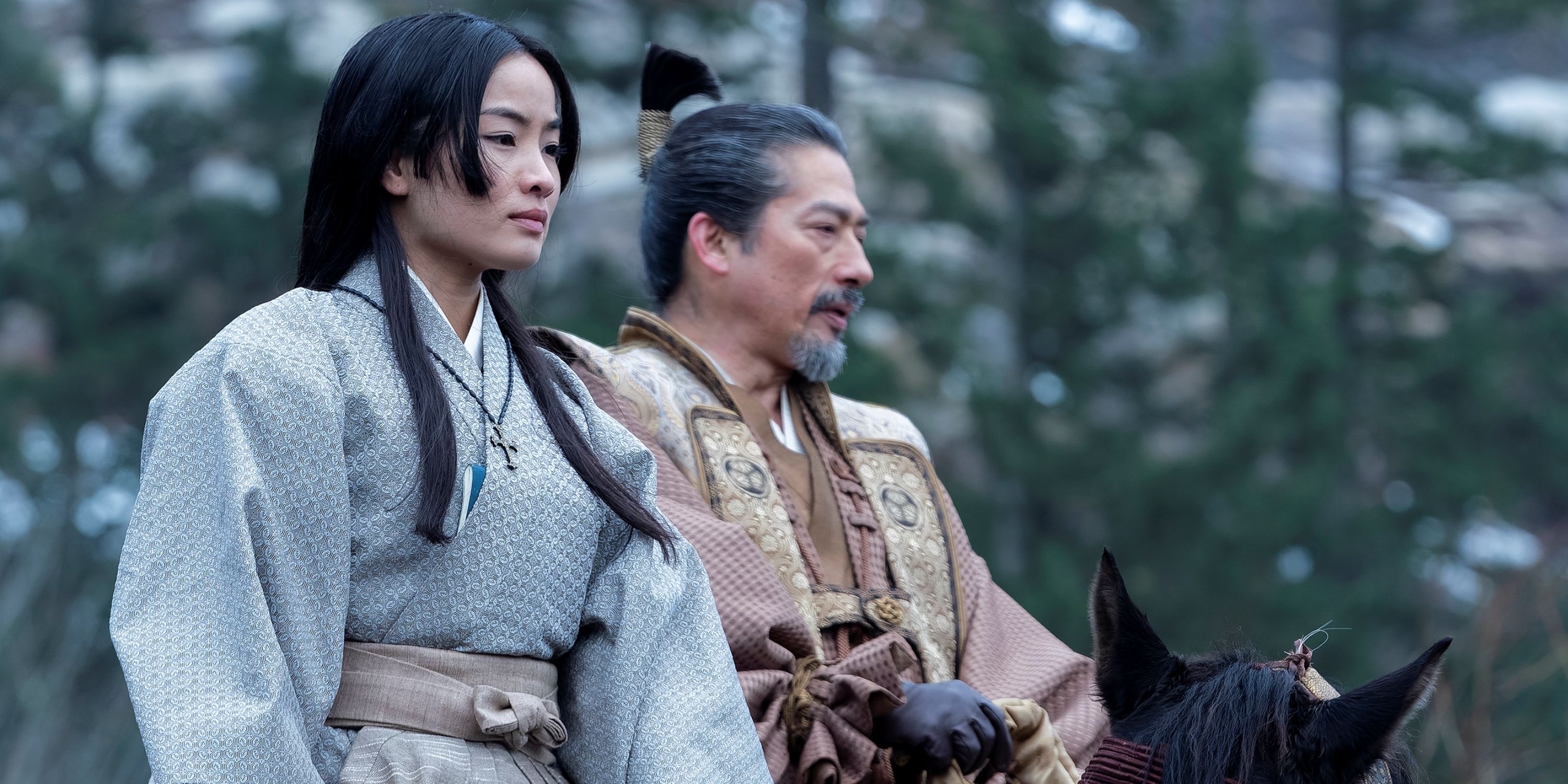
Obviously, you don’t go into making a TV show without the idea that you want people to watch it. And if people are tuning in to watch it, they’re going to want more of it. Do you have a plan for that? Would you ever do another season?
MARKS: We told the story of the book from beginning to end, and that was always the plan, so I don’t know if we could, honestly.
KONDO: It feels unrepeatable. It feels like it can’t be done again. Maybe it’s because we threw basically everything that we had at it and it takes some time to replenish.
MARKS: We live on Maui now. We’re chicken farmers with our kids and live out there.
KONDO: In recovery.
MARKS: A lot of that is because the elements were rough on this, with a lot of night shoots in the snow and the rain and the mud in the middle of the woods. I don’t know if one repeats that. It took every part of our soul, and the cast gave themselves to it, too. We had a wonderful book that was crafted by a master, and we wouldn’t have that luxury moving forward, so I don’t really know what could be done there, although they took from history. Clavell was doing historical fiction, so who knows?
